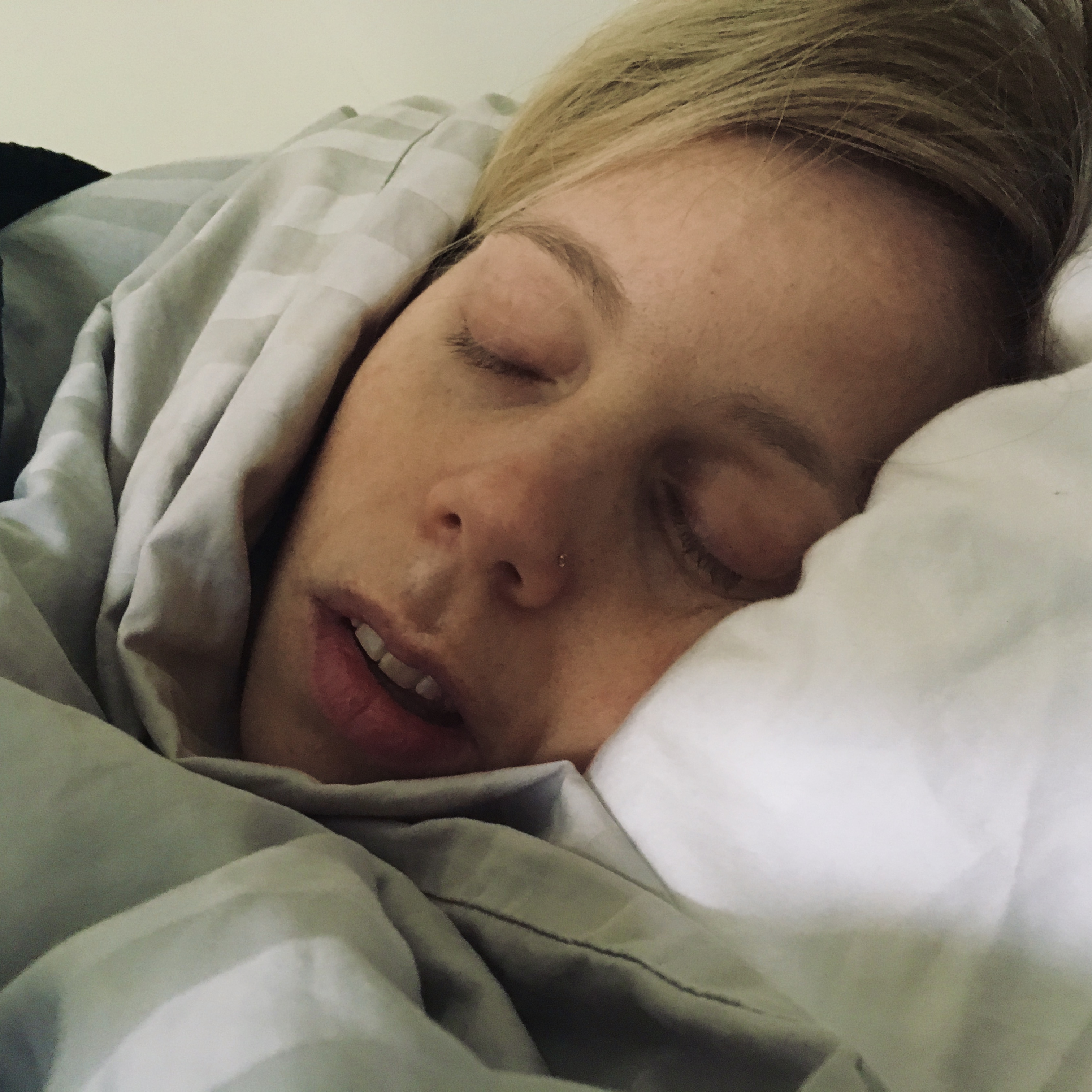1. Sleep between 10pm & 2am is the anabolic window and lines up with your melatonin cycle. This period will generate more human growth hormone.
2. Sleep is regulated by brain wave patterns. If your melatonin is depleted you will not move through these cycles effectively.
3. Thermal regulation regulates body temperature. If the core temperature does not drop at night, sleep quality is impaired. The body temperature gradually rises at waking time.
4. Researchers at the University of Chicago discovered that people getting a quality sleep of about 8.5 hours burned 55% more body fat on the exact same diet and activity level verses those sleeping 6.5 hours. It was determined that melatonin is also involved in fat loss. Adequate amounts of melatonin mobilize brown adipose tissue which improves metabolism and thermogenesis.
https://www.healthline.com/health/brown-fat
5. Leptin largely regulates appetite and satiety. Stanford research found that just one night of sleep deprivation radically suppresses leptin production.
6. Cortisol regulates the thyroid which in turn drives metabolism. One night of sleep deprivation radically drives up cortisol while reducing melatonin. Higher cortisol breaks down muscle tissue and muscle is your fat burning machinery. The cortisol turns muscle into glucose. This is called gluco-neogenesis. The body is interpreting this sleep deprivation as a symptom of danger thereby creating the glucose for quick energy.
7. Quality sleep drives the restorative process of the body and brain, so it also affects our physical appearance.
Sleep Hacks
1. The time of day you exercise impacts sleep quality. Appalachian State University did a study where participants exercised only at 7:00am, 1:00pm or 7pm and determined that morning exercisers spend the most time in the deepest most anabolic stages of sleep, producing more human growth hormone, sleep longer and had a 25% greater drop in blood pressure at night. This correlates with the sympathetic nervous system.
Early morning tabata can help facilitate a cortisol reset to higher in the morning and lower at night. Even just five minutes can make a measurable difference.
2. Another major factor is limiting time on all electronic screens in the evening and reducing blue light exposure. According to Harvard research, blue light robs the body of melatonin, compromising sleep. Our photoreceptors are always gauging what time it is. Traditionally this has always been in sync with nature but blue light gives the false message it is still day.
The research seems to suggest that every hour on a device in the evening, suppresses about thirty minutes of melatonin.
We need to break the dopamine loop that comes from screen time. Every time we search and discover online, it stimulates the opioid system. Therefore a screen curfew or buffer zone can be an excellent strategy.
Realistically, the only way to break a habit is to replace it with something of equal or greater value. Ideally, this is where connection comes in. Optionally, playing an instrument, doing a craft, reading a book and prayer.
Note – there is an app called f.lux that filters blue light. You just set it and forget it. iPhones have a setting called Night Shift and Androids have Twilight. And yes, there are also, blue light blocking glasses.
3. Sex can certainly also release a chemical cocktail including: oxytocin, norepinephrine and prolactin. Oxytocin for one, combats the effects of cortisol.
4. Turn down the thermostat. Between 62o and 68o is ideal.
5. Make the bedroom a sleep sanctuary. Ideally, no work and no tech. Make it only for sleep and sex.
6. A dark environment is also crucial for the melatonin cycle. The skin has photoreceptors and Cornell University research demonstrated that even light the size of a quarter on the skin can disrupt sleep. Therefore getting rid of all artificial light.
Sleep may be the biggest epigenetic influence. Food and fitness are also paramount. We get to play a significant role in our genetic blueprinting and how our genes are getting expressed. Every food we eat sets off a cascade of biological events. This can be both empowering and sobering.
Sleep & Longevity
Telomeres are the protective caps on the ends of the strands of DNA called chromosomes, which house our genomes. In young humans, telomeres are about 8,000-10,000 nucleotides long. They shorten with each cell division however, and when they reach a critical length the cell stops dividing or dies.
Sleep deprivation excelarates the aging process. Every cell division already shortens the telomeres but our quality of life bears an influence on this process: sleep, diet, exercise as well as agitation, depression, anxiety and fear.
Perspective
While sleep may be more important than either diet or exercise, relationships actually bear the greatest influence on our well being and our health and longevity. Therefore it is crucial to place ourselves in proximity with people that are affirming and supportive but also inspired and spiritually align with truth.
Various Sleep Related Articles
⁃ April 5-7, 2023
https://onlinelibrary.wiley.com/journal/13652869
• The Journal of Sleep Research
• Wiley Online Library
Sleep and Longevity
⁃ February 24, 2023
https://www.sciencedaily.com/releases/2023/02/230224135111.htm
• Science Daily

